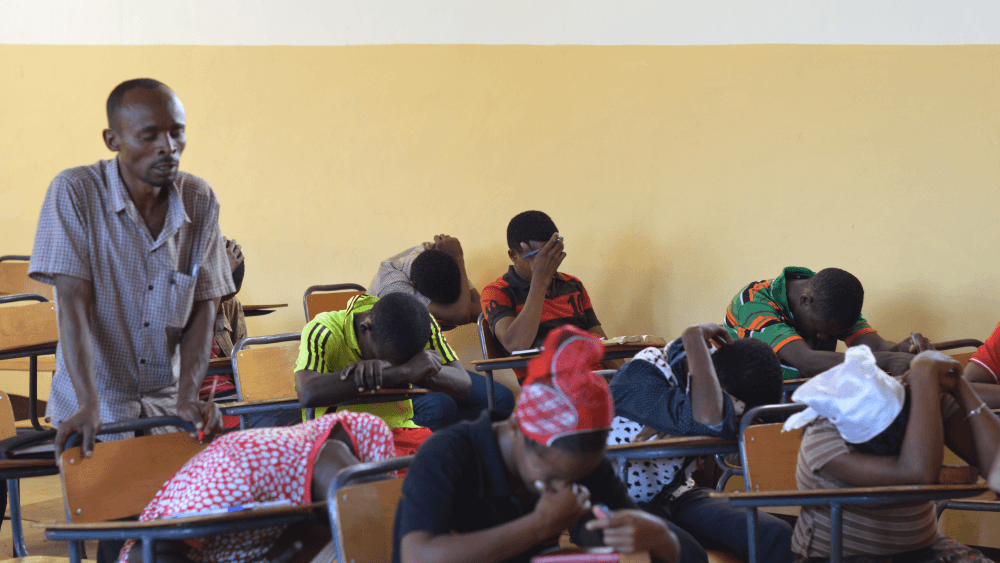Twenty-two Christians imprisoned in the Kucha province in southern Ethiopia for five years have had their appeal deferred again, with no future date given.
Isaac*, a relative of one of the prisoners who can’t be identified for fear of repercussions, has said “We felt so sad and the detainees too. There was no sufficient reason why they did change it. We suggested that the judges were pushed by the politicians to do so.”
Their legal purgatory began five years ago, after the Ethiopian federal government ruled that all the tribes could teach school children in their own tribal languages for the first three years of their schooling. In the Kucha region, however, the local government allowed only the Gamo language to be taught. Protests swept through the region, and in March 2012 over 600 people were arrested for “obstructing development.”
Since January, the date for an appeal hearing has been pushed back six times.
Over the next few weeks, the Muslim and Orthodox protesters were released, while the 303 evangelical Christians remained imprisoned. For the next five years sentencing dates were set many times and then deferred, and the prisoners were slowly released, until only 22 were left; 21 men and one woman. Last year, the 22 Christians were given sentences ranging from two and a half to 21 years. These were later all changed to 4 years.
Ethiopia has traditionally been a Christian nation, with an Orthodox heritage dating back to the 1st Century AD. Yet modern Ethiopia is religiously and culturally diverse, with over 80 ethnic groups and a rising Muslim population. In recent years political unrest has led to the increased persecution of Christians.
“We expect God’s date rather than the court’s date.”
The crime of “obstructing development” is a vague charge often levelled against evangelical Christians when they are seen as a religious or ethnic minority.
Upon being sentenced last year, the 22 Christian prisoners immediately lodged an appeal. But since January, the date for an appeal hearing has been pushed back six times.
On hearing this week that their appeal had been delayed again, Isaac said: “Things are getting worse. Today all the detainees in our case were in tears with broken hearts. How long should they play their games upon our people? The answer belongs to God the almighty.”
With no date set for their appeal, Isaac said, “we expect God’s date rather than the court’s date.”
*Name changed for security reasons.
Email This Story
Why not send this to a friend?



